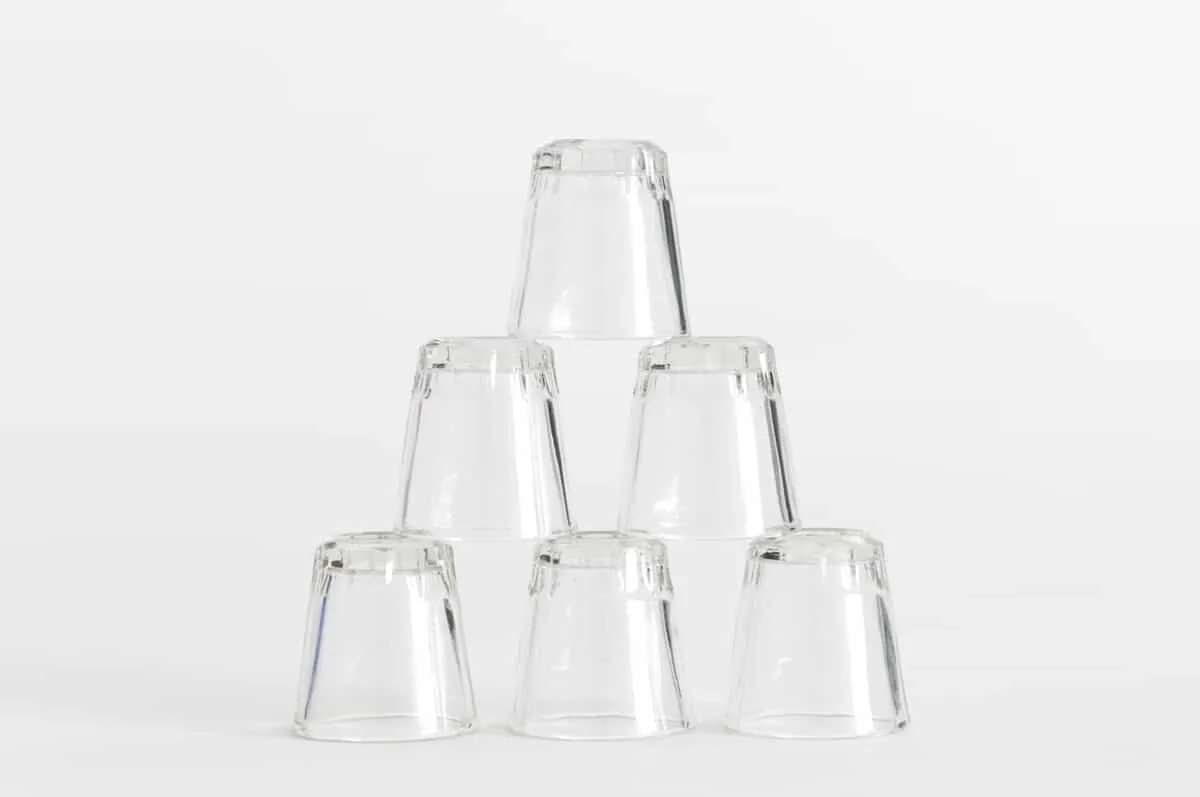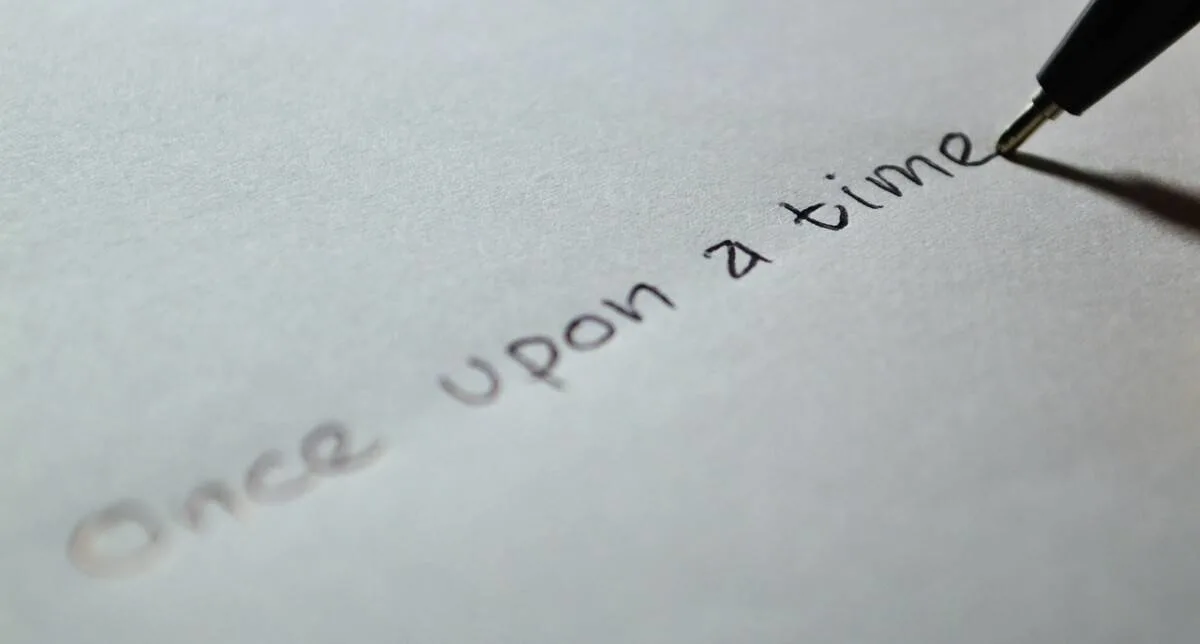While the apostrophe might seem to be a simple concept in English grammar, it can turn out to be tricky at times, even for native English speakers. For example, most people think they know everything regarding plural and possessive forms; however, they sometimes make mistakes, and the apostrophe can be the culprit. The word “glass’s” …
Language Arts
When it comes to the English language, mastering some of its nuances may be a bit complicated at first. Using be-verbs can be particularly complicated as students often struggle with whether to use “neither is” or “neither are.” The correct choice is “neither is” for formal writing most of the time. You might use “neither …
Many people use these two terms interchangeably, which leads a new English speaker to wonder which form is correct — “here is” or “here are”? As with all English constructions, it’s important to know when to choose singular or plural verb forms. In the case of “here is” and “here are,” both are correct, and …
“Throughout” is a helpful word to add to your vocabulary, but it can be tricky to know which way to write it. Is “throughout” or “through out” correct? Throughout is correct and should be written as one word. When through and out are used as separate words they retain their individual meanings. While the compound …
“A,” “an,” and “the” function as articles appearing before nouns. “A” and “an” are both indefinite articles because they do not specify which one of anything, while “the” is a definite article indicating the author knows what the noun refers to. When applying indefinite articles, is “a usual” or “an usual” proper grammar? A usual …
“I’m” is a contraction for “I am,” and we often use them interchangeably. However, if you’re writing in a formal setting, you may wonder which one you should use. Is it “I’m” or “I am”? “I am” is the preferable form in most cases. I am is a little more formal and can even stand …






